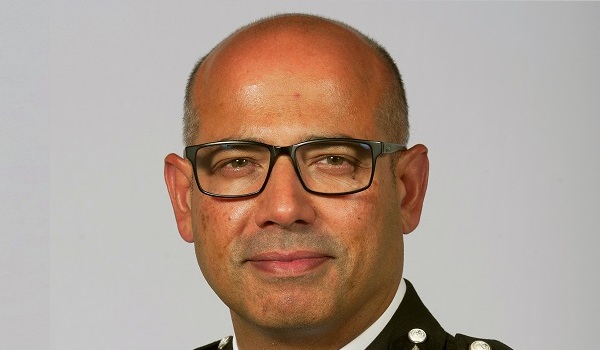Chief Constable of Lincolnshire seeks judicial review of College of Policing degree scheme
The chief constable of Lincolnshire Police is to mount a legal challenge against plans to introduce degree-level qualifications for new officers.
Bill Skelly has taken the first step in a judicial review of the College of Policing’s requirement that all new recruits undertake the Policing Education Qualifications Framework (PEQF) from next year, claiming it will reduce the frontline strength of his force and cost millions to implement.
Mr Skelly, supported by Lincolnshire’s police and crime commissioner (PCC) Marc Jones, wants the college to suspend country-wide implementation until the summer of 2023 to give time for proper evaluation of the impact of the new measures
He says the extra time the degree will take to complete, compared to current training, will force 40 Lincolnshire officers off the front line and into classrooms – and cost the force around £4 million in lost frontline policing and extra training fees. This would mean that almost one in ten of all deployable officers across the county would not be available for active duty.
Mr Skelly said: “I have been raising these concerns with the College of Policing and the National Police Chiefs’ Council for more than two years since the impact of PEQF became clear. The college has pushed forward ignoring the growing evidence that demonstrates the impracticality of their proposals.
“All I am asking for is a stay of implementation (to the summer of 2023) to give time for a legitimate evaluation of the new system being imposed across the country and for the results to be assessed and any adjustments made.
“In the meantime, we are developing an enhanced initial training package that meets the requirements of the modern police officer without creating an unaffordable impact on the police service in Lincolnshire.”
The legal costs of the action are estimated at around £20,000 but, according to Mr Jones, the sum is a necessary investment to protect £4 million worth of frontline services to local residents.
“I don’t take this step lightly, but I was elected by the people of Lincolnshire to represent them and act in their best interests regarding policing and crime. Put simply, if I did not challenge the imposition of these untested and far-reaching changes that will see fewer officers on the streets of my county and the country as a whole I would be failing in that duty,” said Mr Jones.
“The public did not support a council tax rise earlier this year so we could put extra cops in classrooms and to have fewer than ever fighting crime and protecting communities. I would have expected the college to present a single business case that includes a detailed academic rationale, full financial assessments, detailed equalities assessments and a full benefits realisation plan.
“Protecting the people of Lincolnshire is our number one priority and to do that we cannot support a further loss of officer numbers to this ill thought through scheme. We believe that losing around 40 officers from the front line without challenging the college would be unforgivable and the costs to the public both financially and in loss of service leave us with no choice.”
Mr Jones has also written to his PCC colleagues in England and Wales and believes many share his views on the introduction of PEQF.
Deputy Chief Constable Bernie O’Reilly, executive director at the College of Policing, confirmed it was “aware of a potential legal challenge in relation to the implementation of the new entry routes into policing”.







